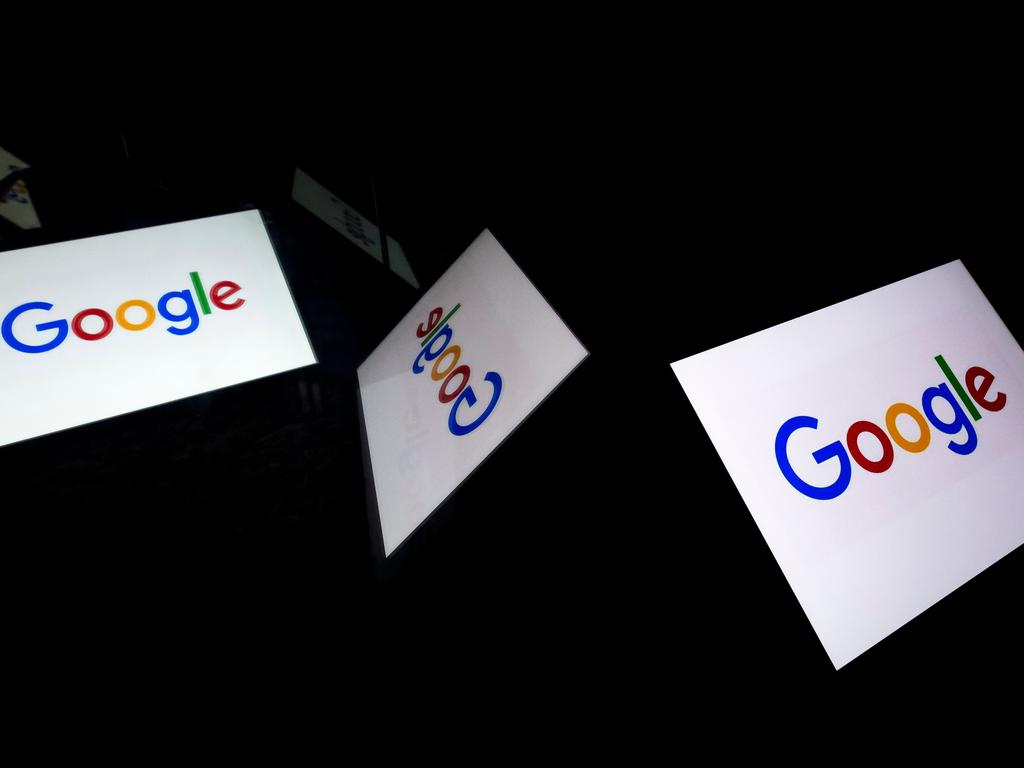Tech giants Google and Facebook making headlines with others’ news


Last month, Prime Minister Scott Morrison offered vocal support for the Australian Competition & Consumer Commission after it recommended making big tech companies such as Google and Facebook pay for Australian news content. Discussions about such reforms often are complicated by jargon about algorithms and taxation law that makes the case for reform a rather technocratic affair. But the basic principle of fair pay for fair work stands and democratic governments have the duty to uphold it against multinational companies exploiting legal loopholes to profit from Australian workers.
Put simply, digital platforms such as Facebook and Google should pay news producers for the news they produce, and the new legislation would ensure it.
Last week, the US House judiciary subcommittee on antitrust released a lengthy report after investigating antitrust concerns about Amazon, Apple, Facebook and Google.
It collated almost 1.3 million documents and held seven hearings to review the digital giants’ practices, determine how they affect the economy and democracy, and whether legal regimes were adequate to address potential abuses of market power as well as anti-competitive conduct. The Democrat majority subcommittee was scathing in its assessment of the big four. It took aim at digital CEOs Jeff Bezos, Tim Cook, Mark Zuckerberg and Sundar Pichai, saying their answers “were often evasive and non-responsive, raising fresh questions about whether they believe they are beyond the reach of democratic oversight”.
The subcommittee made note of Australia’s investigation and cited the extensive ACCC report and its main recommendation to develop a code of conduct to ensure digital giants do not take an unfair share of the advertising revenue that comes from attracting readers with news produced by traditional media. In simple terms, we need a business model to ensure the benefits of Google or Facebook sharing Australian news are not lost by the multinational companies being bad corporate citizens.
Recommendations for reforming big tech monopolies include breaking up the monopolies by selling off parts or permitting the company to retain ownership of all lines of business but prescribing the way they operate. Obviously, the former is less complicated for government because it requires regulation of the sale, not constant monitoring of each line of business.
Another recommendation explained in depth by the US House subcommittee is to implement rules to prevent favouritism and self-preferential treatment. The example provided in the report is Google engaging in self-preferencing by “systematically ranking its own content above third-party content, even when its own content was inferior or less relevant for users”.
Despite big tech companies promoting open borders in the West, they guard digital borders to prevent newcomers challenging their market monopolies. The kids who started the digital revolution are running the joint like ossified autocrats.
Yet some lawmakers are concerned the cure could be worse than the cause.
Republicans on the antitrust subcommittee have proposed a third way to prevent American tech companies being punished for success. Congressman Ken Buck led the Republican charge for change but did not deny the Democrat majority subcommittee finding that Apple, Amazon, Google, and Facebook “engaged in myriad forms of anticompetitive behaviour, acted as gatekeepers in the digital marketplace and undercut potential competitors” while “cozying up to unfriendly nations like China in order to expand their global footprint”.
He noted their combined market cap is almost $5 trillion and said they had used their power to steal intellectual property and “snuff out potential competitors” by land grabs or “killer acquisitions”. However, Republican lawmakers are concerned about recommendations that could create an overly litigious climate where American companies would be further exposed to class action lawsuits. They also raised the relationship between big tech monopolies and political censorship online.
Conservative lawmakers highlighted Google using its advertising technology to “demonetise conservative media outlets” such as The Federalist. Google subsidiary company YouTube has censored videos from Republican politicians. Amazon has censored conservative organisations. And Twitter is often omitted from discussions about better regulating the digital marketplace.
The issue of political bias online is hotly contested, but recent research has shown big tech is a virtual one-party state. A Wired report revealed 95 per cent of political donations from the biggest tech companies went to Democrat Joe Biden. The June report showed employees at Alphabet, Amazon, Apple, Facebook, Microsoft, and Oracle had given almost 20 times more money to Biden than Trump since the start of 2019.
Open Secrets tracks US campaign contributions. Among the top 10 donors to Biden’s candidate committee, five are big tech companies: Alphabet, Microsoft, Amazon, Facebook and Apple. Among the top 10 donors to Trump’s campaign, none are big tech. And they don’t make an appearance even when Trump’s donor list is expanded to the top 20.
When corporations claim neutrality while engaging in political bias, it is dishonest. But when they monopolise the market, steal intellectual property and refuse to pay fairly for journalists’ work, it is corrupt.
Traditional media pays journalists to report, investigate and analyse news with money raised from advertising revenue and subscriptions. The COVID-19 pandemic has destroyed the business model as corporations try to recoup losses by slashing their advertising budgets. Australia needs a new deal to ensure the free press has a fair go and its workers have a future.






Technology titans like to preach about changing the world, so much so that in some quarters they go by the moniker “masters of the universe”. Exposes about their habit of harvesting personal data for profit, their political crusades and their aversion to paying taxes have left big tech looking less like social justice warriors than greedy globalists. The Australian government is leading the charge to make and keep the digital bastards honest. American lawmakers have delivered a stunning report confirming why reform must come.